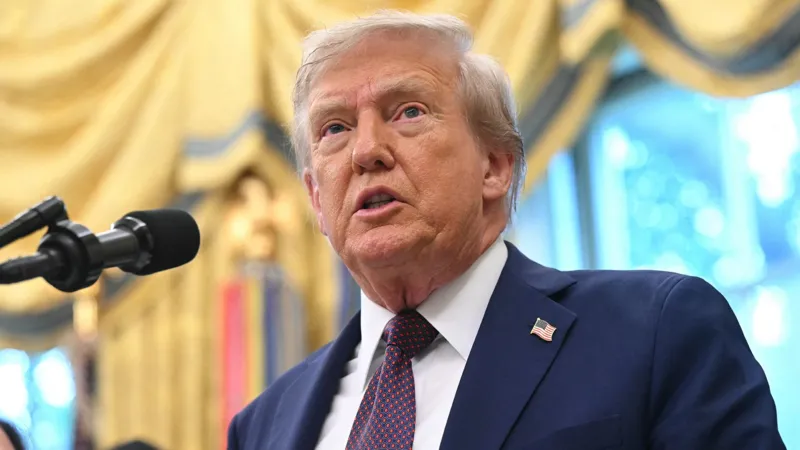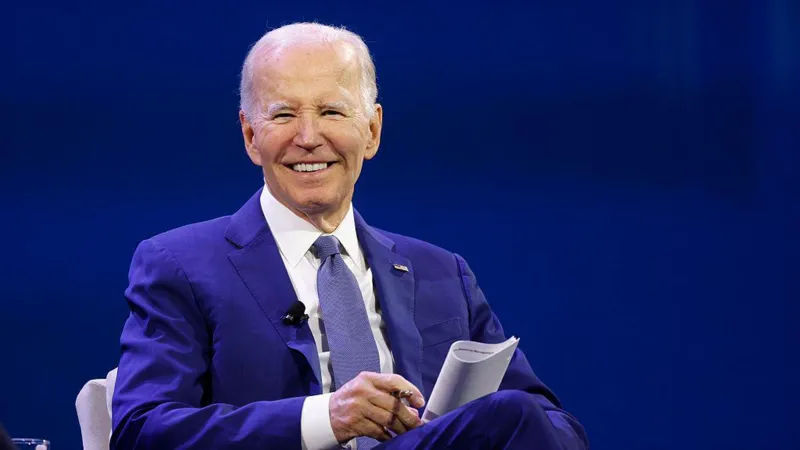U.S. President Donald Trump is set to sign an executive order on Friday authorizing the Department of Defense to adopt the secondary title “Department of War,” a historic label not used since 1947. The directive, seen by The InnovationTimes, also instructs Defense Secretary Pete Hegseth to be styled as “Secretary of War” in official documents and communications.
The order argues that the revived terminology conveys a stronger message of “readiness and resolve,” contrasting with the current name that emphasizes defense rather than offense.
The United States created the Department of War in 1789 under President George Washington. For more than 150 years, the department managed the Army and, later, the nation’s broader military operations. The title became synonymous with America’s rise as a global power, particularly through its decisive victories in World War I and World War II.
In 1947, following the Allied victory and amid the dawn of the Cold War, President Harry Truman spearheaded a sweeping reorganization of the armed forces. The National Security Act of 1947 dissolved the Department of War and replaced it with the Department of Defense, reflecting a strategic shift toward deterrence, nuclear security, and a defensive posture.
Trump’s order seeks to symbolically restore that original terminology, arguing that “war” reflects America’s “unbelievable history of victory” and reinforces a warrior ethos.
While the president has broad authority to issue executive orders, a formal renaming of the Department would require an act of Congress. Trump’s directive instructs Secretary Hegseth to prepare legislative recommendations to enable a permanent rebrand.
The initiative may face strong resistance in Congress. Democrats are expected to challenge the proposal as militaristic and politically provocative, while some Republicans may raise concerns about the enormous financial cost. Estimates suggest that a full rebranding could reach one billion dollars, covering new seals, insignias, building signage, uniforms, IT systems, email domains, and military documentation across hundreds of agencies.
Critics say the move undercuts efforts to rein in Pentagon spending, which already exceeds $850 billion annually.
Trump and Hegseth, a former Army officer and Fox News contributor, have long called for a cultural realignment of the armed forces. They argue that the military must prioritize “warfighting” and a “warrior ethos” over what they describe as an excessive focus on diversity, equity, and inclusion initiatives.
“This is about strength,” Trump told CBS News on Thursday. “I’m not chasing Nobel Peace Prizes. All I can do is put out wars. I don’t seek attention. I just want to save lives.”
Analysts say the language change underscores Trump’s effort to reframe U.S. power projection in explicitly confrontational terms, appealing to both his domestic base and international rivals.
The timing of Trump’s move coincides with growing geopolitical tensions. Earlier this week, China staged a massive military parade showcasing hypersonic missiles, unmanned aerial systems, and naval advancements, a demonstration widely interpreted as a direct challenge to Washington.
Allies in Europe have reacted cautiously to Trump’s announcement. Some NATO officials expressed concern that the symbolic revival of “war” risks signaling aggression at a time when alliance unity is already strained over defense spending and Ukraine. In Moscow, state media portrayed the change as confirmation of Washington’s “imperialist posture,” while Beijing emphasized that the United States is “returning to Cold War-era rhetoric.”
In contrast, right-leaning commentators in the U.S. and abroad applauded the decision, arguing that clarity in language strengthens deterrence and eliminates ambiguity about America’s military posture.
Presidential Health and Image of Power
Observers also note that this executive order, Trump’s 200th since taking office, represents a milestone in his presidency. Coming at a time when questions about the health and age of U.S. leaders dominate headlines, the move underscores Trump’s effort to project vitality, decisiveness, and toughness in both domestic and foreign affairs.
The symbolism of reviving a historic title may carry weight with voters who associate American greatness with wartime triumphs of the 20th century. At the same time, it risks alienating moderates who favor a defense-oriented posture in keeping with post-World War II traditions.
Whether Congress will approve a permanent renaming of the Pentagon remains uncertain. But even as a symbolic step, the order marks a sharp turn in the framing of U.S. military identity. Supporters hail it as a return to clarity and strength, while critics warn it risks inflaming global tensions and fueling domestic divisions.
Either way, Trump’s decision to bring back the “Department of War” title ensures that the debate over America’s role in the world as defender, aggressor, or peacekeeper will continue to be fiercely contested.

